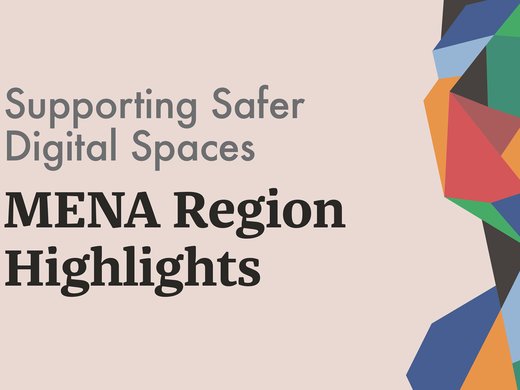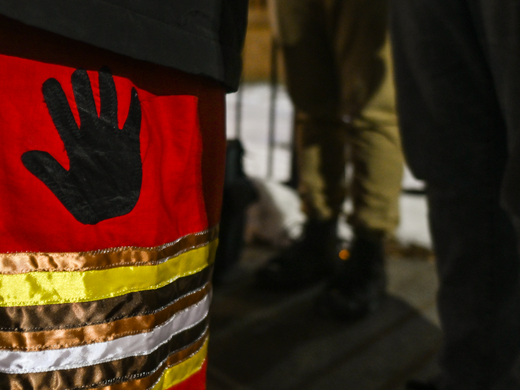Is online anonymity responsible for the dramatic growth of technology-facilitated gender-based violence (TFGBV) as digital access and mobile phone use have exploded worldwide? A recent paper focused on survey findings for India shows that this is not necessarily the case: drawing on quantitative data, the researcher found that perpetrators in India are as likely to be identifiable as they are to be anonymous. Yet reliable quantitative data on various aspects of TFGBV is rarely available, leaving significant gaps and even misconceptions in our understanding of this scourge, thus complicating our efforts to combat it.
The Supporting Safer Digital Spaces research project seeks to fill this gap.
Led by the Centre for International Governance Innovation (CIGI), with funding from Canada’s International Development Research Centre and data collected by Ipsos, the Supporting Safer Digital Spaces research project explores the prevalence and impacts of TFGBV on women, men and individuals of diverse gender identities and sexual orientations. It includes the first-of-its-kind global survey data on TFGBV from individuals across 36 countries, with a focus on the Global South. As part of the project and its focus on promoting stakeholder action against TFGBV, CIGI is hosting an interactive in-person workshop at RightsCon 2025 in Taipei, Taiwan on February 26, 2025, at 4:30 p.m. (UTC+8), entitled “Figures for Social Change: How to Use Quantitative Survey Data in Intersectional Advocacy on TFGBV.”
Welcoming all activists, advocates and qualitative researchers, this session aims to provide practical experience to help people use and integrate quantitative data into their advocacy to combat TFGBV. Guided by a feminist data scientist and a team of experts from the Global South, participants will engage directly with segments of the data set, working in groups to examine how intersectional social identities, such as gender, sexuality, race and age, affect individuals’ experiences of TFGBV.
Participants’ insights will be valuable for CIGI in identifying the best ways to present the data as a publicly accessible resource going forward, as we hope to maximize its value for researchers worldwide.
This unique survey fills a crucial data gap and provides quantitative data about TFGBV’s prevalence in multiple regions. Stakeholders can use the data set to complement lived experiences of individuals harmed by TFGBV. The findings can inform and influence policy decisions that will help make the internet and all digital spaces safer.
The project’s current phase extends until 2026 and focuses on 18 countries across four regions: Sub-Saharan Africa, the Middle East and North Africa, Latin America and the Caribbean, and Asia. The survey will be carried out in these countries: Bangladesh, Costa Rica, the Democratic Republic of Congo, the Dominican Republic, Egypt, Ethiopia, Indonesia, Lebanon, Mexico, Myanmar, Nigeria, Pakistan, Paraguay, the Philippines, Senegal, South Korea, Tanzania and Venezuela.
An analysis of the data collected across these countries will be used to produce detailed reports on TFGBV in each country, along with a special report that examines trends within and across each region. These publications will offer insights that empower stakeholders to take collective action against TFGBV.
During the project’s first phase, data collected from 18 other countries (Algeria, Argentina, Brazil, Canada, Chile, China, Colombia, Ecuador, France, Germany, India, Jordan, Kenya, Saudi Arabia, South Africa, Tunisia, the United Arab Emirates and the United States) highlighted the global prevalence of online harms, their greater negative impact on women and people of diverse gender identities and sexual orientations, and the impact of TFGBV on mental health. Data gathered from the first phase is discussed extensively in the project’s special report, a report on findings from the Middle East and North Africa region, and in research papers on Brazil and India.
Visit the Supporting Safer Digital Spaces project page for more information.



